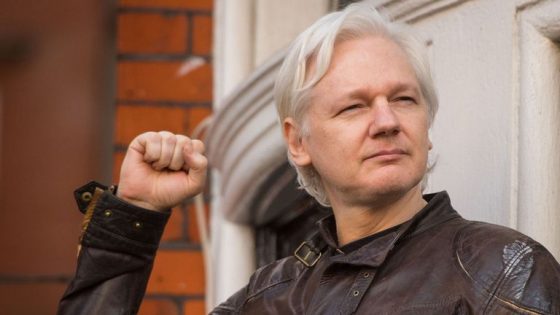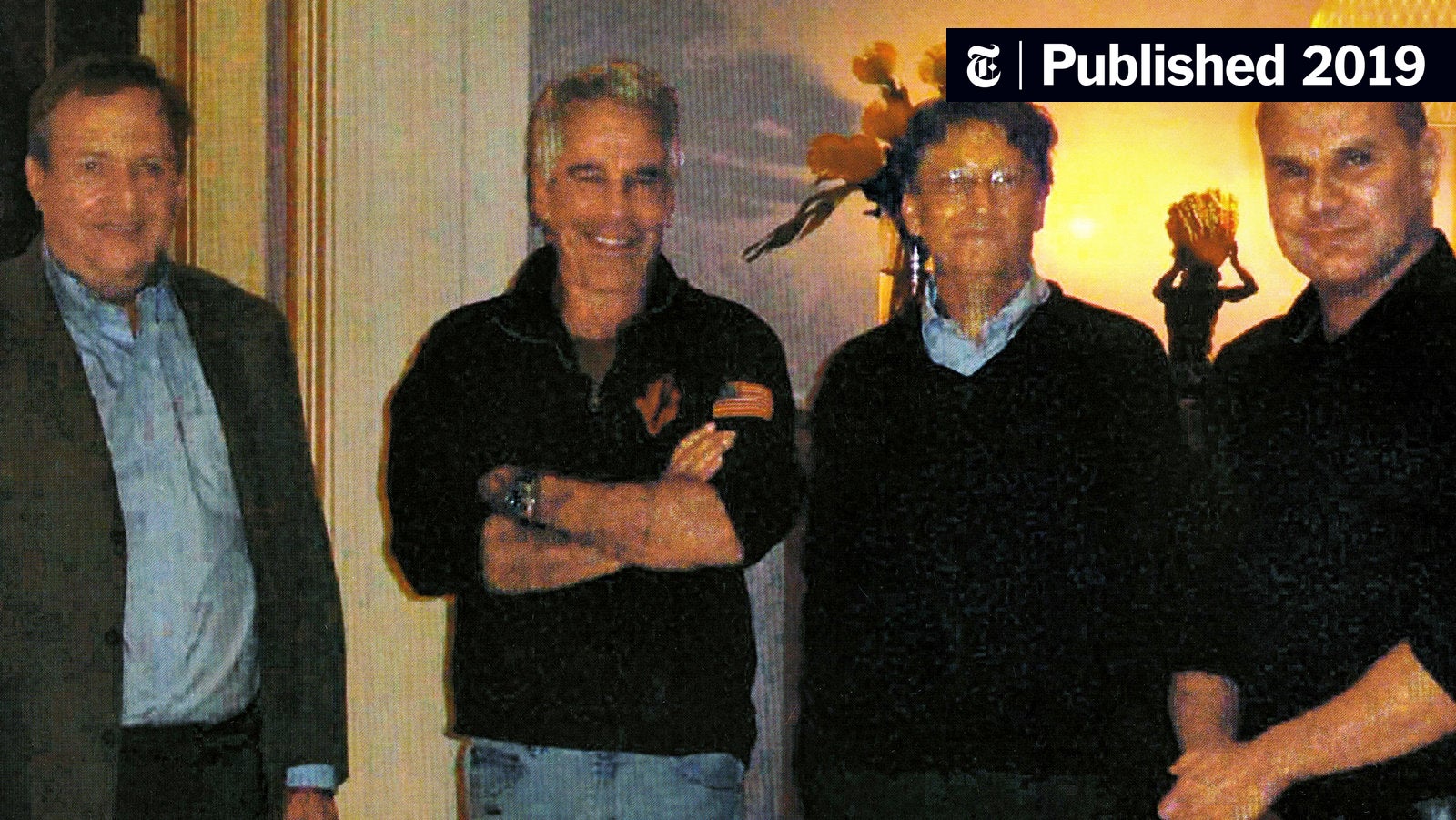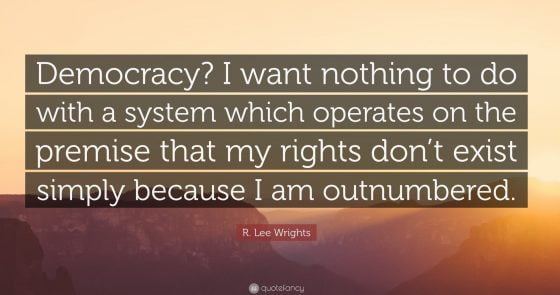This article was originally published by Cassie B. at Natural News.
A group of American journalists and lawyers are suing the CIA and former CIA Director Mike Pompeo, claiming that the agency violated their constitutional rights by obtaining copies of the contents of their electronic devices and enabling their meetings with WikiLeaks founder Julian Assange to be recorded while he was staying at the Ecuadorian embassy in London.
In the suit, which was filed in a Manhattan federal court this week, the plaintiffs are seeking punitive and compensatory damages for violating their Fourth Amendment rights against unreasonable search and seizure. They include New York lawyers Deborah Hrbek and Margaret Ratner Kunstler, who have represented Assange, along with journalist Charles Glass, who resides in England, and John Goetz, who lives in Germany.
They alleged that the CIA obtained the information in question via an arrangement with a private security company based in Spain known as Undercover Global that was in charge of security at the embassy. According to the filing, they were forced to surrender their electronic devices to the security company prior to their visits with Assange. Unbeknownst to the plaintiffs, the security company copied the contents of their devices while they were holding them and supplied them to the CIA. Undercover Global is named as a third defendant in the suit.
The suit also alleges that the security company placed microphones throughout the embassy and sent the recordings it captured, along with footage from security cameras, to the agency.
The lead attorney for the plaintiffs, Richard Roth, remarked: “The United States Constitution shields American citizens from U.S. government overreach even when the activities take place in a foreign embassy in a foreign country.”
More than 100 other Americans connected to Assange may have also been spied on
According to the suit, they endured significant emotional distress and anxiety because of worries about how their personal information would be used. In addition, they believe that this illegal spying could have violated the rights of more than 100 Americans who also visited Assange while he was at the embassy, including other journalists who were interviewing him, attorneys representing him, and physicians who provided medical treatment to him.
Roth added: “To make matters worse, many of the conversations were absolutely privileged and confidential in nature, in that the plaintiffs are journalists and attorneys who went there to visit their clients.”
The suit states: “Defendant Pompeo was aware of and approved the copying of information contained on plaintiffs’ mobile electronic devices and the surreptitious audio monitoring of their meetings with Assange.”
Two witnesses working for UC Global testified in a London court two years ago that Assange was subjected to a major bugging operation that started in 2017 when Donald Trump became president.
Assange was indicted on 17 charges of espionage and one charge of computer misuse by U.S. prosecutors over the publication of secret American military documents on WikiLeaks. He is facing charges that could carry a maximum sentence of 175 years. His lawyers maintain that the First Amendment protects his publication of leaked documents exposing wrongdoing by the American military in Afghanistan and Iraq.
Assange had been living in the embassy since he sought refuge there in 2012 out of fears of extradition to the U.S. In 2019, he was evicted and placed in a London prison. In June, the UK ordered Assange to be extradited to the U.S. in a ruling that his lawyers have appealed. They have also asked President Biden to drop the charges against Assange.
The CIA has declined to comment on the lawsuit. Although they are expressly forbidden from gathering intelligence on American citizens, several lawmakers have alleged that they keep a secret repository containing Americans’ communications data.











0 Comments